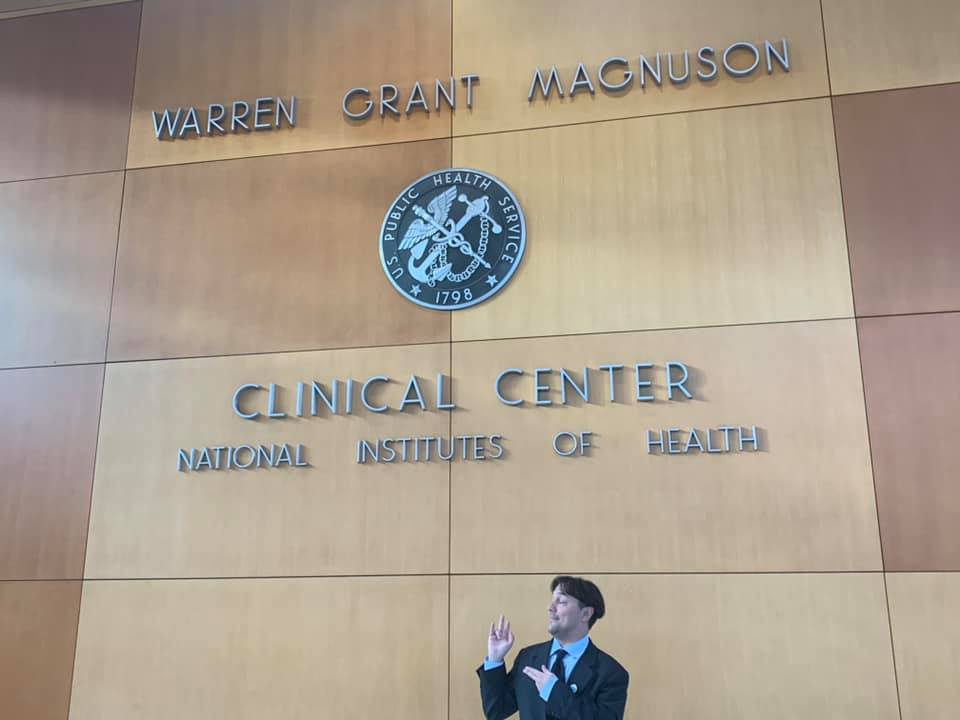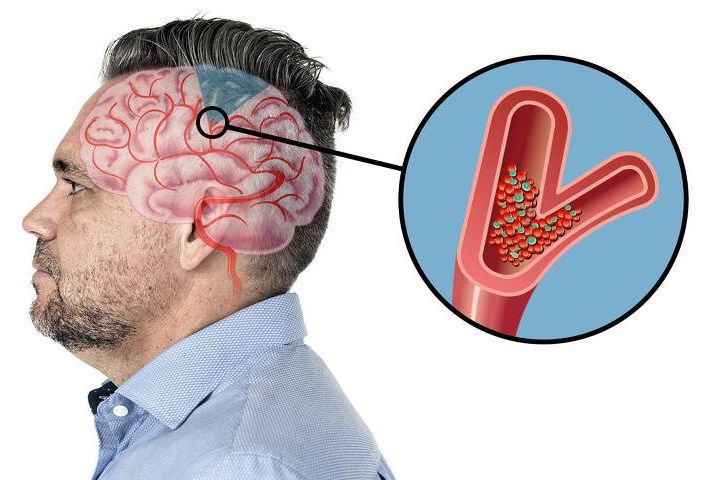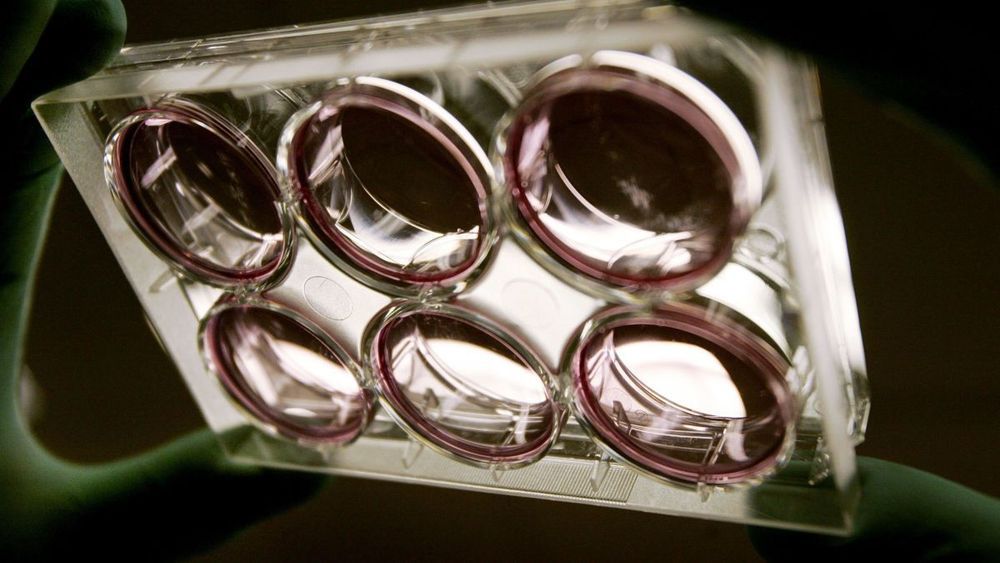The newly fashionable pills and foods meant to increase the variety of healthy bacteria in our bodies can actually have the opposite effect.



Contrary to popular belief, cartilage in human joints can repair itself through a process similar to that used by creatures such as salamanders and zebrafish to regenerate limbs, researchers at Duke Health found.
Publishing online Oct. 9 in the journal Science Advances, the researchers identified a mechanism for cartilage repair that appears to be more robust in ankle joints and less so in hips. The finding could potentially lead to treatments for osteoarthritis, the most common joint disorder in the world.
“We believe that an understanding of this ‘salamander-like’ regenerative capacity in humans, and the critically missing components of this regulatory circuit, could provide the foundation for new approaches to repair joint tissues and possibly whole human limbs,” said senior author Virginia Byers Kraus, M.D., Ph.D., a professor in the departments of Medicine, Pathology and Orthopedic Surgery at Duke.

NOTE FROM TED: We’ve flagged this talk, which was filmed at a TEDx event, because it appears to fall outside TEDx’s curatorial guidelines. There is no conclusive research that supports the claims made about the subconscious mind. TEDx events are independently organized by volunteers. The guidelines we give TEDx organizers are described in more detail here: http://storage.ted.com/tedx/manuals/tedx_content_guidelines.pdf
Surviving an accident was the easy part; coping with the chronic pain would prove more difficult. Danna Pycher shares her story about trauma and the transformative insight she gained that allowed her to harness the healing power of the subconscious mind.
Danna Pycher is a certified Neuro-Linguistic Hypnotherapist specializing in chronic illness and trauma. She is also a motivational speaker and coach. Her first book 3rd Generation and Beyond is a beautiful, powerful book of life philosophies according to a third generation Holocaust descendant. ” A must read for the young and old who are trying to find an identity or just need a reminder on how to appreciate the little things in life.” She enjoyed many years in broadcasting as an on-camera host, reporter, and producer working in the fields of health reporting and corporate productions. Her curiosity about the nature of human beings is what guides her professional pursuits.
This talk was given at a TEDx event using the TED conference format but independently organized by a local community.

London is the latest city to gain a city bench with the ability to absorb as much pollution as a small forest. The vertical garden, which doubles as a bench, is Green City Solutions’ CityTree. Using a vertical installation of moss, the bench can absorb as much pollution as 275 trees in 1 percent of the space.
The World Health Organization estimates that 7 million premature deaths occur each year from air pollution, making it one of the largest environmental health risks in the world.

US biotechnology company called Bioquark has been given permission to recruit 20 clinically dead patients and attempt to bring their central nervous systems back to life. They hope to eliminate patients’ need to rely on machines by reanimating parts of the upper spinal cord, where the lower brain stem is located, to potentially energize vital body functions like breathing and heartbeats.
Trial participants will have been declared certified dead and kept alive solely through life support machines. “This represents the first trial of its kind and another step towards the eventual reversal of death in our lifetime,” said CEO of Bioquark Inc., Ira Pastor.
The team, who has been granted ethical permission from an Institutional Review Board at the National Institutes of Health in the US and India to begin trials on 20 subjects, is looking to recruit patients for its ReAnima Project as soon as possible.



A supposedly rare genetic quirk might be more common than we think, according to new research out Thursday. The study, based largely on 23andMe data, suggests that one in every 2,000 people are born with two copies of a gene from only a single parent, often with no serious health consequences.
Ordinarily, a person’s egg or sperm cells have one set of the genes that make up their chromosomes (other cells in our body have two sets). When a sperm fertilizes an egg, the resulting fertilized zygote will then have two sets of 23 chromosomes, one from each parent, making 46 chromosomes in total. If all goes well, the zygote multiplies and divides until it becomes a person, one with an even allocation of gene copies from both parents.